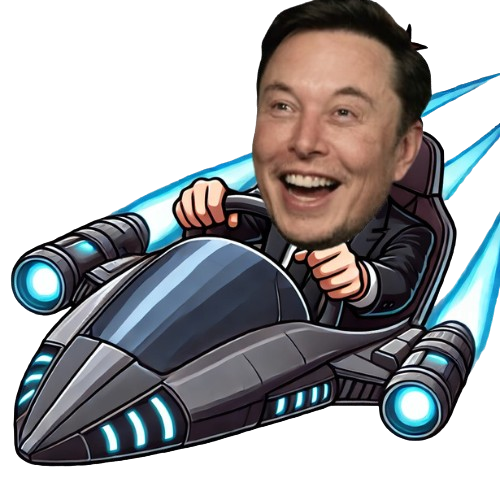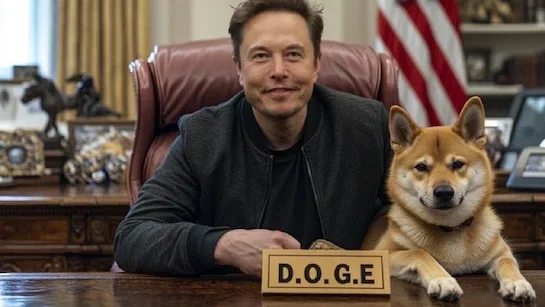Breaking News




Enter your email address below and subscribe to our newsletter

Elon Musk has never been one to sit back and let inefficiency fester—whether it’s in the world of electric cars, rockets, or now, government itself. Enter the Department of Government Efficiency, or DOGE (because of course it’s called DOGE), a new federal initiative that has put Musk and his hand-picked team of engineers at the center of government modernization efforts.
The idea? Bring Silicon Valley speed and efficiency to the slow-moving behemoth that is the U.S. federal government. The reality? A bunch of very young engineers—some fresh out of high school—now have access to sensitive government systems.
And, naturally, people are losing their minds over it.
If you thought the government was run by gray-haired bureaucrats in ill-fitting suits, well, you’re about to have your worldview shattered. The core of Musk’s DOGE team includes six engineers between the ages of 19 and 24. These aren’t your typical career government employees—they’re prodigies from places like UC Berkeley, Harvard, and even Neuralink’s intern program. Here’s a quick rundown of the key players:
While their technical brilliance isn’t in question, their government experience (or lack thereof) has become a lightning rod for criticism. Should a 19-year-old really be overseeing critical government systems? Musk seems to think so.
Elon isn’t the only tech mogul making power moves in Washington. Palantir Technologies, co-founded by billionaire and longtime Musk ally Peter Thiel, has been quietly embedding itself deeper into government operations.
The company, which specializes in big data analytics and government contracts, has long been a favorite of the intelligence and defense sectors. Now, with Musk’s DOGE team in play, Palantir’s influence is growing even further.
Musk’s reach isn’t limited to just DOGE. His allies and engineers are showing up in crucial federal departments, shaking things up:
Not everyone is thrilled about this rapid tech-industry takeover of Washington. Critics—ranging from cybersecurity experts to seasoned bureaucrats—have raised several concerns:
What’s the endgame here? If Musk gets his way, we’ll likely see a radical shift in how the federal government operates:
Elon Musk has already transformed multiple industries—space travel, electric vehicles, social media, AI. Now, he’s taking on the government itself.
Is this a tech-fueled revolution that will finally bring Washington into the 21st century? Or is it an overreach that could lead to unintended chaos? One thing’s for sure—DOGE to the moon isn’t just a meme anymore.
The future of government might just have a Tesla logo on it.